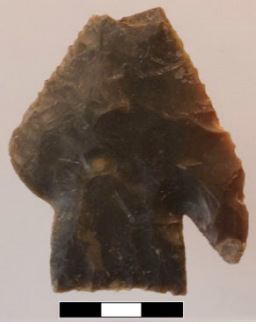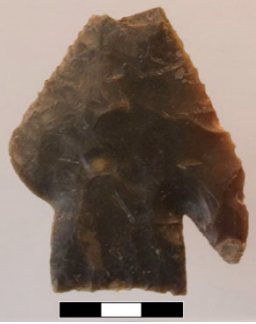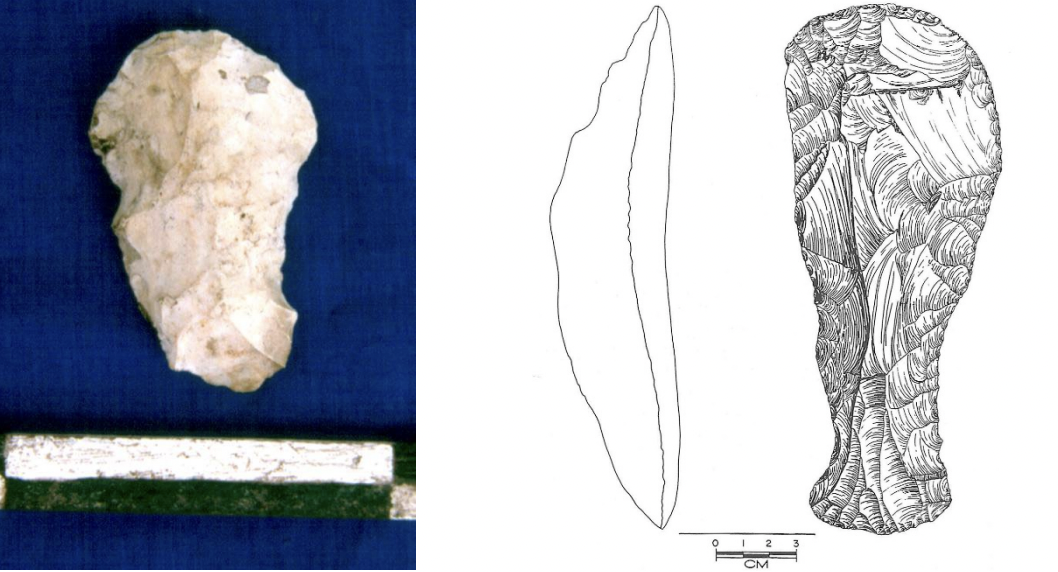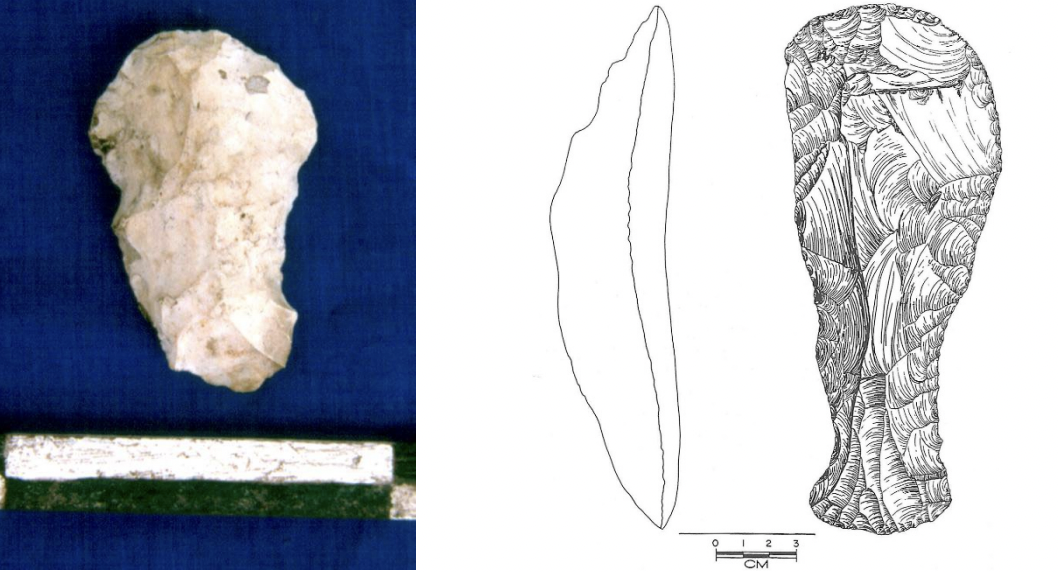Archaic Period Vocabulary
1/17
Earn XP
Description and Tags
Flashcards about the Archaic Period in Mesoamerica
Name | Mastery | Learn | Test | Matching | Spaced | Call with Kai |
|---|
No study sessions yet.
18 Terms
Archaic Period Time frame
7,000 – 1,800 BC
Broad Spectrum Subsistence
Increasing different kinds of foods are relied upon (small game and wild plant foods), rather than a narrow range
Domestication (generally defined)
A genetic change (of a wild plant or species) to a point where the species is reliant on humans for its existence.
Corn (Zea mays)
Most important staple crop of Mesoamerican peoples, domesticated from teosinte (Zea mexicana)
Teosinte (Zea mexicana)
Wild plant from which corn was domesticated; closest kind to corn today occurs in the Balsas River area of western Mexico.
Phytoliths
Microscopic cellular remnants, like starch grains, used as hard evidence for ancient corn.
Swidden/Milpa Horticulture
Deliberate forest clearing (burning of forest) for the cultivation of crops like corn.
Santa Marta Rockshelter
Site in Chiapas occupied by 6,700 BC, yielding a tool kit indicating a broad-spectrum subsistence economy, with burials covered with metates..
Metates
Large stone slab on which seeds, mainly corn, are ground; their presence in burials indicates funerary rites emphasizing the importance of corn & plant fertility.
El Riego Phase
Early phase in Tehuacan Valley (7-5,000 BC) with first domesticated plants, seed processing implements and seasonal round practices.
Coxcatlan Phase
Phase in Tehuacan Valley (5-3,400 BC) that represents a continuation of most El Riego Phase cultural practices, with the addition of new domesticates beans, bottle gourd, and most important corn!
Abejas Phase
Phase in Tehuacan Valley (3,400-2,300 BC) with small hamlets with semi-subterranean pit houses that likely indicate a shift to semi-sedentary living conditions.
Purrón Phase
Phase in Tehuacan Valley (2,300-1500 BC) when pottery started to be made.
Gheo-Shih
Possible non-habitation (ceremonial or ritual-religious) site recorded in the Valley of Oaxaca
Actun Halal
Site located in western Belize, has yielded cotton and corn pollen dated to 2400-1200 BC.
Lowe Point
Early Archaic stemmed spear point from Belize.

What is it?
What material is it?
Date (period)
Significance
stemmed spear point (called a “Lowe Point”)
made of stone
dating to the early Archaic Period
using for hunting


What is it?
What material is it?
Date (period)
Significance
constructed uniface axes
made of stone
Early Archaic Period
used for cutting and agriculture
